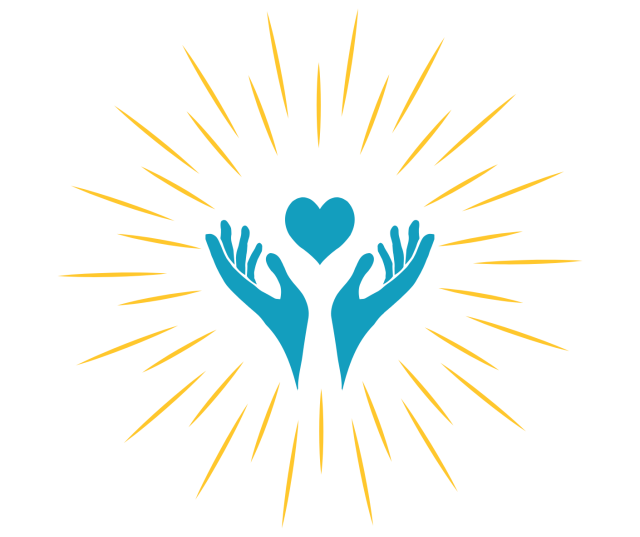Post-Discharge PTSD Screening Program
Proactive support for trauma patients’ mental health
Trauma patients face a significantly increased risk of developing post-traumatic stress disorder (PTSD). Research shows that up to 21% of trauma patients develop PTSD within the first year following injury (deRoon-Cassini et al., 2019). PTSD symptoms, if untreated, can severely affect daily life, leading to functional impairments, poor quality of life, and increased mental health challenges.
The difference between acute stress and PTSD
Acute Stress Response (ASR) is a normal reaction to trauma that resolves within days to weeks, often experienced while in the hospital or immediately after the event. PTSD is a prolonged psychological response to trauma. Symptoms typically appear within a month and can persist for months or longer.
The good news: PTSD is highly treatable
Early detection and intervention help patients regain control and prevent long-term impacts on their mental health.
The HEaL Trauma Post-Discharge PTSD Screening Program identifies trauma patients at risk for PTSD through automated outreach and connects them to timely, personalized mental health support.

Improving outcomes through early intervention
The Post-Discharge PTSD Screening Program transforms trauma care by identifying PTSD symptoms early—when treatment is most effective. Through personalized follow-up and streamlined access to mental health services, the program helps prevent long-term complications and supports lasting recovery. The program offers the following support and services:
1. Automated screening outreach
The UCLA HEaL Trauma Program uses an automated system to screen trauma patients for PTSD symptoms after hospital discharge.
- When: Patients receive an automated call or text 30 days after their trauma date.
- What:
- The outreach includes a five-question PTSD screening tool embedded in a trauma-informed script.
- Patients can request a follow-up call regardless of their screening results.
2. Follow-up by community health workers (CHWs)
- Reviewing Results: CHWs monitor the PTSD Dashboard daily to identify patients with positive screenings or call-back requests.
- Personalized Calls: CHWs contact these patients to:
- Confirm screening responses.
- Discuss their mental health needs.
- Provide resources and next steps.
3. Educational materials and guidance
Patients with positive screenings or mental health concerns receive:
- Information on PTSD and its treatment.
- Help connecting to community resources and mental health providers.
- Guidance on finding care within their insurance plan.
4. Direct access to trauma psychology services
Through a partnership with the UCLA Trauma Psychology Program, patients with PTSD symptoms can access:
- Individual Therapy: Outpatient PTSD treatment with a Clinical Psychologist.
- Equitable Care: Tailored services designed to meet the unique needs of trauma survivors.
Explore more trauma recovery services
Reference: deRoon-Cassini, T. A., Hunt, J. C., Geier, T. J., Warren, A. M., Ruggiero, K. J., Scott, K., George, J., Halling, M., Jurkovich, G., Fakhry, S. M., Zatzick, D., & Brasel, K. J. (2019). Screening and treating hospitalized trauma survivors for posttraumatic stress disorder and depression. Journal of Trauma and Acute Care Surgery, 87(2), 440–450. https://doi.org/10.1097/TA.0000000000002360